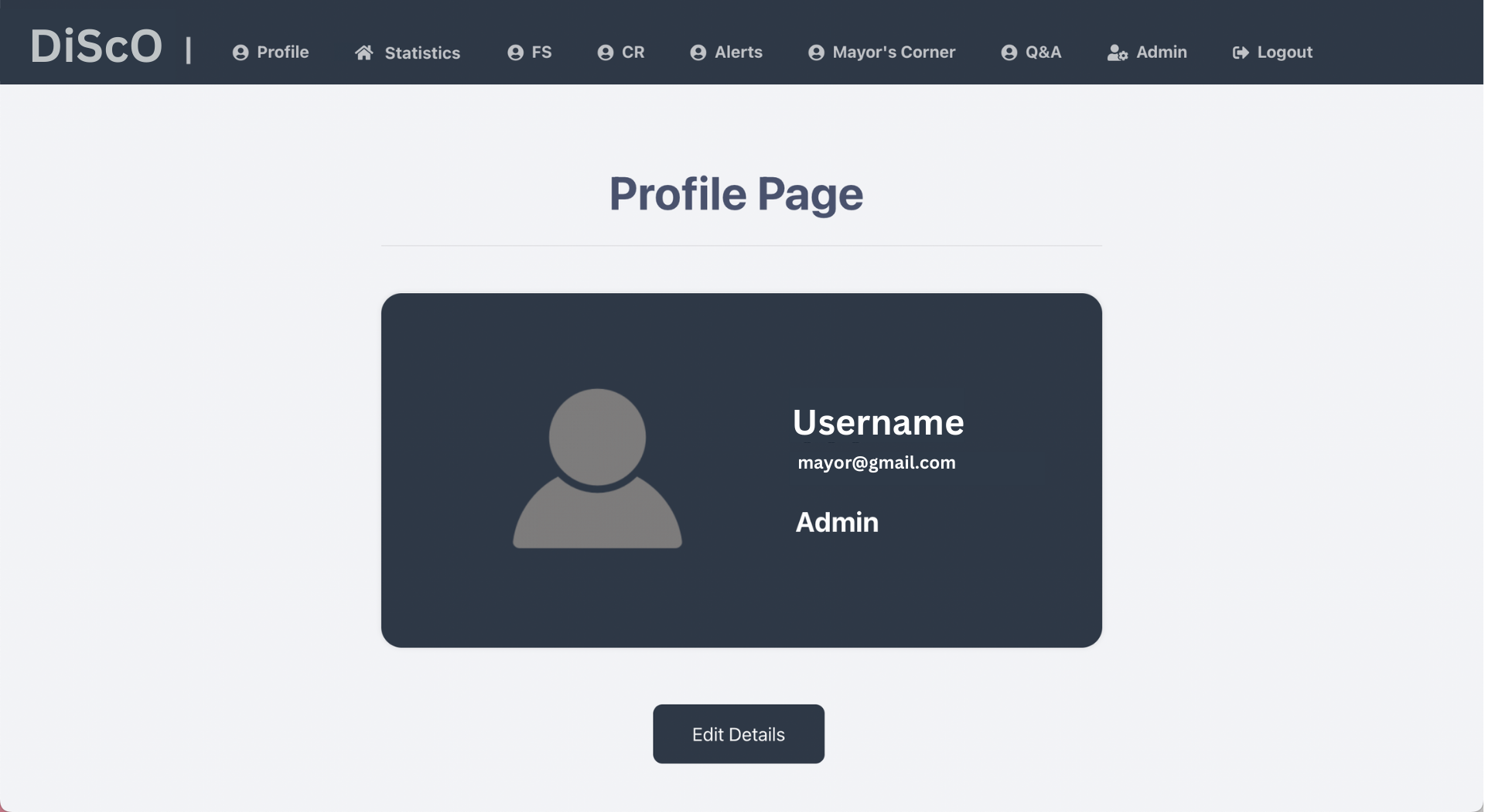
A global initiative designed to empower communities in advancing equitable, data-driven health solutions
Digital Citizen Science Observatory
1) Empowering community voices
DiScO fosters inclusive collaboration by integrating citizen and patient perspectives into the development of health solutions, ensuring they address real-world needs.
2) Advancing Health Equity
It bridges the gap between diverse populations by creating accessible digital infrastructure that supports equitable opportunities and fosters inclusivity globally.
3) Driving Innovation and Policy
DiScO generates actionable insights through citizen science, enabling evidence-based policy development and innovative strategies for improving public health outcomes.
The Digital Citizen Science Observatory (DiScO) is an innovative platform transforming health systems by ethically leveraging citizen-driven big data to address global health crises with local solutions. Developed by the DEPtH Lab, it integrates participatory methodologies, scalable digital infrastructure, and the Smart Framework to enable real-time data collection, ethical surveillance, and evidence-based decision-making. Prioritizing inclusivity, equity, and data sovereignty, DiScO bridges jurisdictional silos and fosters global collaboration to tackle complex challenges like disease prevention, climate change, and systemic disparities, creating sustainable frameworks for equitable health system transformation.






A systems mapping approach with DiScO
The DiScO systems mapping initiative uses a novel, rapid methodology to gather diverse global stakeholder insights for the design and implementation of the Digital Citizen Science Observatory. Conducted at the International Society for Behavioral Nutrition and Physical Activity Annual Global Meeting in Uppsala, Sweden, June 2023, this mapping exercise engaged stakeholders across various disciplines to co-create a dynamic systems map in real-time, visualizing connections between themes like priorities, opportunities, challenges, risks, mitigation strategies, partnerships, and resources. Post-session analysis enhanced the map, highlighting 23 key nodes of intervention, including equity, capacity building, and digital literacy. This approach fostered interdisciplinary collaboration, identified critical points for intervention, and ensures the DiScO framework reflects the nuanced needs of diverse cultural and socio-political contexts. By integrating these insights, the systems map provides a blueprint for transforming health systems globally through equitable and inclusive digital infrastructure.
1. Rapid systems methodology: This methodology, through a pre-post design, yielded key nodes of intervention, which need to be further explored by engaging a larger group of global stakeholders before implementation of DiScO.
2. Decentralization and democratization of technology: To ensure equitable digital transformation, decentralizing and democratizing access to technology across global jurisdictions must be an essential aspect to the deployment of DiScO.
3. Advancing digital literacy and internet equity: DiScO will aim to address and advance digital literacy and internet equity across populations, which are two key drivers for the success of the digital transformation of health systems.
4. Capacity building across stakeholder groups: Building the capacity of researchers, decision-makers, and citizens via DiScO across global jurisdictions is necessary for effective digital transformation of health systems.
5. Digital citizen science for systems integration: Digital citizen science will be central to catalyzing digital transformation of health systems using DiScO. This will enable systems integration via ethical big data surveillance.




